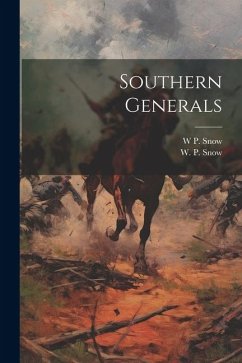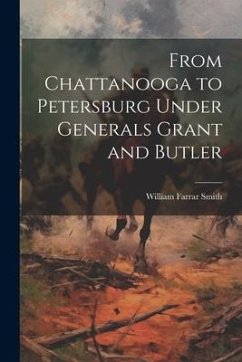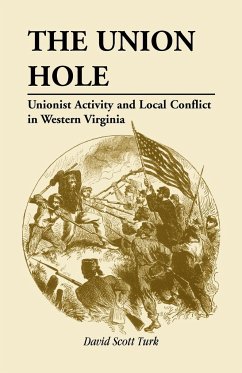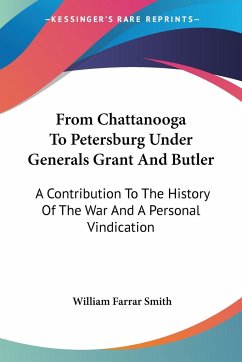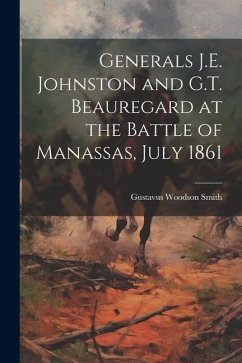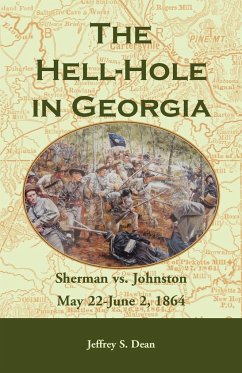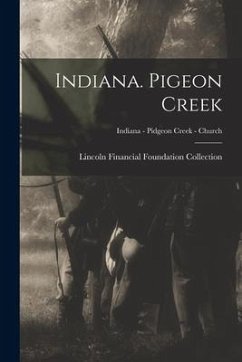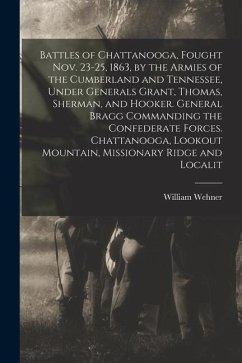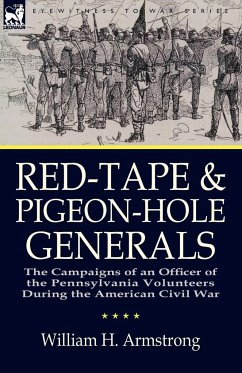
Red-Tape and Pigeon-Hole Generals
The Campaigns of an Officer of the Pennsylvania Volunteers During the American Civil War
Versandkostenfrei!
Versandfertig in 1-2 Wochen
19,99 €
inkl. MwSt.
Weitere Ausgaben:

PAYBACK Punkte
10 °P sammeln!
An intimate view of life in the Union Army William Armstrong's account of his time in the Union Army during the American Civil War differs from many of its peers. Through Armstrong's writings we see not only the campaigns, skirmishes and battles of the great conflict, but also get an insider's view of what it was like to be a member of a regimental 'family' at the time. Regimental life is described in much detail and the officers, non-coms and soldiers are finely drawn so that they become well-rounded characters. This book is filled with dialogue, incident and anecdote. As the title implies th...
An intimate view of life in the Union Army William Armstrong's account of his time in the Union Army during the American Civil War differs from many of its peers. Through Armstrong's writings we see not only the campaigns, skirmishes and battles of the great conflict, but also get an insider's view of what it was like to be a member of a regimental 'family' at the time. Regimental life is described in much detail and the officers, non-coms and soldiers are finely drawn so that they become well-rounded characters. This book is filled with dialogue, incident and anecdote. As the title implies the author does not shy away from the drudgeries and pointless bureaucracy of military life in his time, and this insight into the frustrations of the citizen soldier at war for a cause in which he believes in spite (from his perspective) of the reactionary incompetence of his superiors makes vital reading for those who look for a total picture of the soldiers of the Civil War. Available in softcover and hard back with dust jacket.






